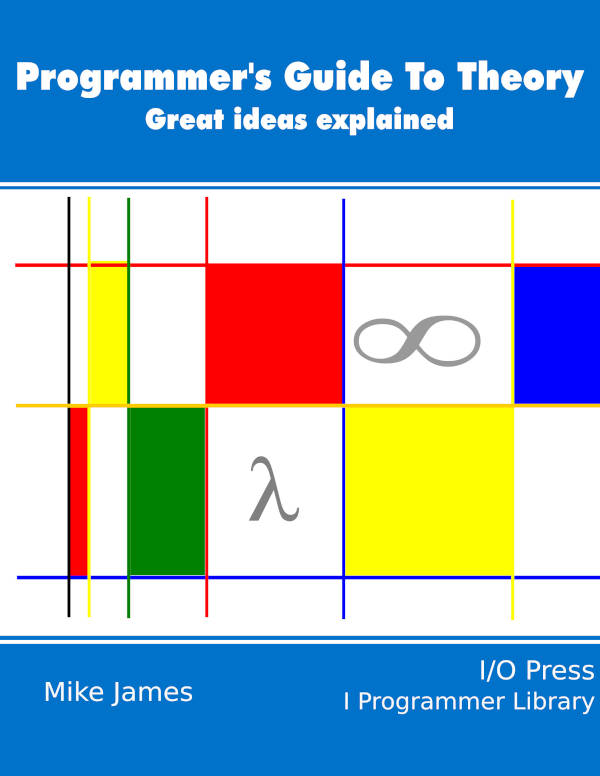| Programmer's Guide To Theory - Gödel And All That |
| Written by Mike James | |||||||
| Monday, 16 September 2024 | |||||||
Page 3 of 3
End of the DreamIt’s as if mathematics at the turn of the 20th century was seeking the ultimate theory of everything and Gödel proved that this just wasn’t possible. So far so good, or bad depending on your point of view. You may even recognize some of this theory as very similar to the theory of Turing machines and non-computability, in which case it might not be too much of a shock to you. However, at the time they were thought up both Gödel’s and Turing’s ideas were revolutionary and they were both regarded with suspicion and dismay. It was thought to be the end of the dream: mathematics was limited. Mathematics wasn’t perfect and in fact every area of mathematics contained its limitations. Today you will find it argued that Gödel’s theorem proves that God exists. You will find it argued that Gödel’s theorem proves that human thought goes beyond logic. The human mind is capable of seeing truth that mathematics cannot prove. It is also argued that it limits artificial intelligence, because there are things that any machine cannot know and hence also proves that human intelligence is special because it can know what the machine cannot. If you think about it, Gödel’s theorem proves none of this. It doesn’t even suggest that any of this is the case. Gödel’s theorem doesn’t deal with probabilities and what we believe, only in the limitations of finite systems in proving assertions about the infinite. Sometimes the infinite is regular enough to allow something to be proved. Sometimes, in fact most of the time, it isn’t. But important though this is, we live in a finite personal universe and we don’t demand perfect proof. We go with the flow, guess and accept good probabilities as near certainties. And if you eliminate the infinite, Gödel's theorem doesn't hold. Summary
A Programmers Guide To Theory
Now available as a paperback and ebook from Amazon.
Contents
Bonus Chapter: What Would P=NP Look Like? ***NEW!
<ASIN:1871962439> <ASIN:1871962587> To be informed about new articles on I Programmer, sign up for our weekly newsletter, subscribe to the RSS feed and follow us on Facebook or Linkedin.
Comments
or email your comment to: comments@i-programmer.info
<ASIN:0195147227> <ASIN:1568812566> <ASIN:0393051692> <ASIN:1568812388>
|
|||||||
| Last Updated ( Tuesday, 17 September 2024 ) |



